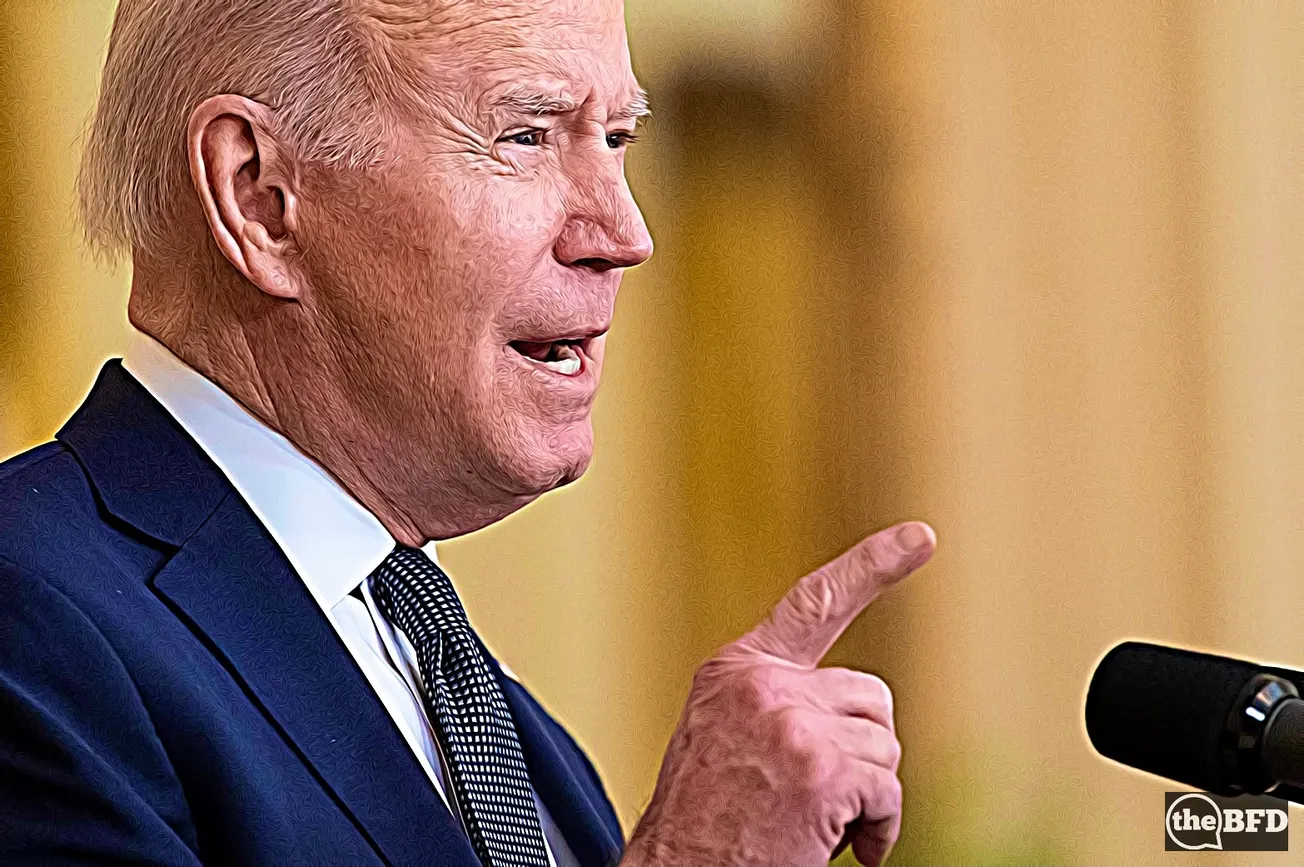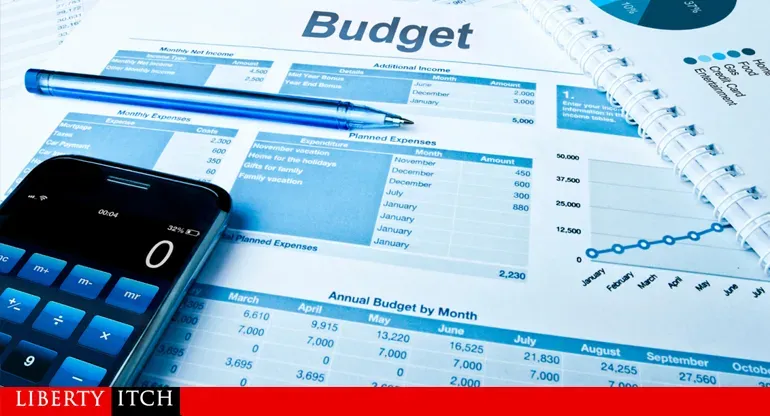Table of Contents
Dave Patterson
National Security Correspondent at LibertyNation.Com. Dave is a retired US Air Force Pilot with over 180 combat missions in Vietnam. He is the former Principal Deputy Under Secretary of Defense, Comptroller and has served in executive positions in the private sector aerospace and defence industry. In addition to Liberty Nation, Dave’s articles have appeared in The Federalist and DefenseOne.com.
“There you go again,” as former President Ronald Reagan jibed then-President Jimmy Carter during their second presidential debate in 1980. Perhaps those words could be applied to the Biden administration’s almost maniacal need to revive a nuclear arms agreement with Iran, no matter the actual security cost. The Biden foreign policy crowd is once again testing the waters, attempting to resurrect a nuclear deal nixed by former President Donald Trump. True to form, the White House is pushing a new version of the flawed Obama-era 2015 Joint Comprehensive Plan of Action (JCPOA). If Iran is close to having a nuclear weapon, the JCPOA or some variation won’t stop Tehran’s enrichment goals. Nonetheless, US nuclear negotiators are trying to construct a new agreement. According to recent reports, they have presented their proposal to allies Germany, the United Kingdom, France, and the one country with the largest stake in the region, Israel. The US plan would remove some American economic sanctions if Tehran limited its enrichment program to 60 per cent purity.
Iran Deal Skepticism
Not all those privy to the proposal were enthusiastic. As Foreign Desk News explained:
The proposal has been met with mixed reactions from the international community. Israel has strongly opposed the proposal, stating that it will only embolden Iran and lead to further destabilization in the region. Saudi Arabia has also expressed reservations about the proposal, citing concerns about Iran’s nuclear program.
One stumbling block could be that Iran has already exceeded a 60 per cent level of uranium refinement. Experts in nuclear weapons technology consider 90 per cent levels of Uranium-235 (U-235) refinement as weapons-grade. According to the United Nations International Atomic Energy Agency (IAEA), in February 2023, the IAEA took routine environmental samples from the Fordow Fuel Enrichment Plant in Iran. “[A]nalytical results … showed the presence of high enriched uranium particles containing up to 83.7 per cent U-235”, the resulting IAEA report stated. So, the administration’s proposal to hold Iran’s U-235 enrichment to 60 per cent is most likely a train that has left the station.
Yet, the White House seems adamant about getting an agreement with Tehran’s government. Desperation is not a good look when sitting at the negotiating table – but, apparently, US negotiators are of a mind not to do anything to upset the Iranian mullahs and have gone to significant lengths to make nice. “Biden administration diplomats were pressuring the UK not to designate the Islamic Revolutionary Guard Corps as a terrorist organization,” a National Review article observes, “concerned that that would further hamper talks with Iran.” Why would the Biden administration object to such a designation for the number one global merchant of terrorism? If you identify the IRGC as a terrorist organization, that gives credence to economic sanctions and puts pressure on Iran, where it should be.
Russia Complicates Iran Nuclear Deal
Taking the road to a nuclear agreement with Iran at all costs has some additional potholes ahead. On the heels of the IAEA’s February report, Fox News Digital learned that “Iran has allegedly secured secret deals with Russia to guarantee deliveries of uranium.” Russian President Putin may have cut a uranium-for-drones deal since Iran has supplied Moscow with weapons the Russians have used in Ukraine. As Liberty Nation reported, the Kremlin has quite the thriving boutique atomic bomb materials business – with China as one of its customers.
“The new approach by the Biden administration shows just how concerned the US is about recent advances in Iran’s nuclear program,” Axios reported. But offering concessions in hopes that the Iranians will behave on the playground is not the most effective approach. Tehran shows it has the upper hand, and the Americans are grasping at straws. The US should apply more stringent economic pressure and keep it there until the Iranians show good faith. Iran, with a nuclear weapon capability, would represent a danger to the entire world and needs to be stopped. Unfortunately, the Biden administration appears neither willing nor able to do what should be done.







